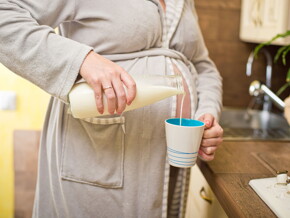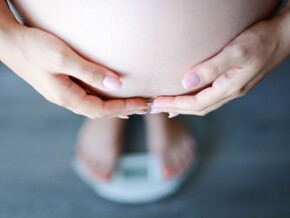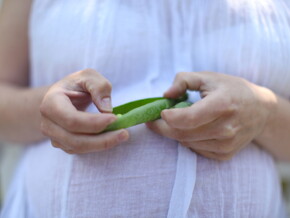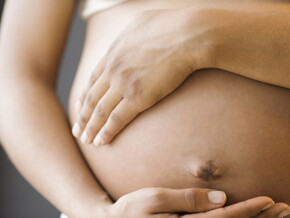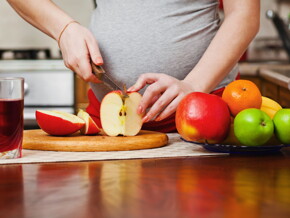
Fatty Acids: How Essential Are They To Your Pregnancy?
Essential fatty acids are as essential as the name suggests. They are a must during pregnancy, for both the baby and the mother-to-be.
More popularly known as Omega-6 and Omega-3 fatty acids, they can be naturally consumed via a varied and balanced diet.
What are essential fatty acids good for?
Fatty acids are elements found in lipids, an important component of our living cells. They form part of the polyunsaturated fatty acids, also known as "good fats". We get them from food sources as our body cannot manufacture good fats on its own.
Omega-3 benefits:
- Helps develop your baby’s brain and eyes
- Helps lower the risk for premature delivery
The ratio between Omega-6 and Omega-3 fatty acids is important. Studies have shown that in first world countries, consumption is 10 to 20 times more Omega-6 than Omega-3. But remember that the ideal Omega 6:Omega 3 fatty acids ratio should only be around 5:1.
Essential Fatty Acids on your plate
Foods rich in Omega-3 fatty acids include:
- Canola oil, Fish oil
- Spinach
- Fresh fish (Milkfish or bangus, Tilapia, Catfish or hito, Salmon, Tuna) and fish eggs
Foods rich in Omega-6 fatty acids include:
- Eggs
- Butter
- Animal fats
You may have noticed that the Filipino diet is usually rich in animal fats. This means that our intake of Omega-6 is sufficient and sometimes even too high!
Tips on how to get a healthy ratio of essential fatty acids:
- To ensure a good Omega-6/Omega-3 balance, eat fatty fish once or twice a week, such as Milkfish or Tuna.
- Use canola oil for sautéed vegetable dishes.
- Vary the oils (canola, soybean, olive oils) to enjoy the benefits of each of them. Consume 2 tablespoons a day.
- If you don’t eat fish, it’s best to consult with your doctor. You may get a prescription for an Omega-3 food supplement (such as fish oil for pregnancy) if deemed necessary.
From the NESTLÉ Global Archive co-written with RND KATE PERALES













